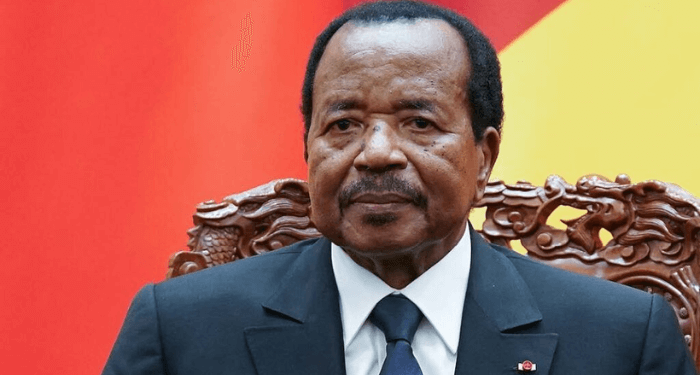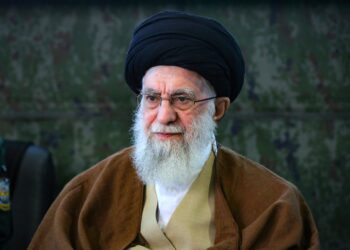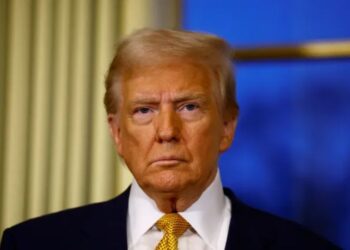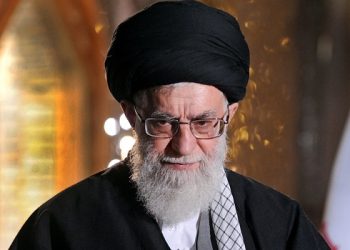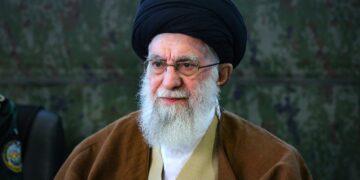It feels almost unreal that in 2025, Cameroon is still wrapped around the same old story, Paul Biya and power, Arrests rock Cameroon as Paul Biya eyes eighth term at 92, and somehow, the scene looks all too familiar: opposition voices silenced, streets tense, and a government pretending it’s maintaining peace when it’s clearly managing fear.
Arrests Before the Results
According to reports from Douala, about 30 politicians and activists linked to opposition candidate Issa Tchiroma have been detained. The arrests came just hours before the country was set to announce the results of the October 12 election. Among those taken are key political figures like Anicet Ekane of the MANIDEM party and Djeukam Tchameni of the Union for Change movement, both supporters of Tchiroma. The arrests rock Cameroon as Paul Biya eyes eighth term at 92, showing once again that the script of power in Africa rarely changes: silence the opposition first, then announce the results later.
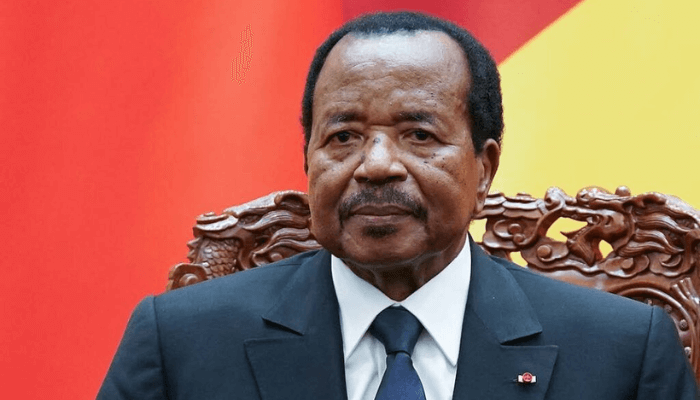
Fear or Stability?
Cameroon’s Interior Minister, Paul Atanga Nji, admitted that arrests were made but described them as measures against an “insurrectional movement.” That phrase alone tells you everything about how power works there. When citizens protest, it’s an insurrection, when the government detains opponents, it’s called national security. Nji said politicians “with an obsession for power” were creating tension. But isn’t it ironic that the man holding power for 43 years isn’t the one accused of obsession?
The Opposition Fires Back
Tchiroma’s campaign is calling this what it is, intimidation. On social media, Tchiroma dismissed the government’s claim of insurrection, accusing officials of hypocrisy. He said some of those now in jail were previously approached by the same government for “negotiations.” In his words, “They refused your proposals, and now you arrest them? So, when you were seeking to negotiate with them, they were not terrorists?” His anger is justified. The arrests rock Cameroon as Paul Biya eyes eighth term at 92, not just because people are detained, but because they expose how fragile the system has become.
Streets Boiling, Voices Rising
Across cities, protests have broken out, mostly driven by Tchiroma’s supporters who believe he won the election. It’s not the first time Cameroon’s election period has turned chaotic. In the cocoa-rich, oil-producing nation, democracy has always been filtered through the lens of fear. Reports show that the demonstrations are spreading despite police crackdowns. The government insists it’s maintaining order, but order doesn’t come from silence, it comes from justice, something Cameroon hasn’t seen in decades.
The Man Who Refuses to Leave
Paul Biya is 92, and if declared winner again, he will rule until he’s 99. That’s nearly a lifetime for some of his citizens. He has been in power since 1982—longer than many African countries have maintained a stable democracy. This shows how one man’s obsession with control can hold a nation hostage. People have stopped asking when Biya will step down. They now ask who dares to make him.
Same Story, Different Election
Every election in Cameroon feels like a replay of the same movie. Opposition figures rise with energy, the people get hopeful, then arrests come, protests follow, and Biya ends up declared the winner. It’s not democracy, it’s endurance. A country that once had the potential to lead Central Africa is now trapped in cycles of repression and fear. Yet, Biya keeps shaking hands, smiling for the cameras, and promising stability, while behind him, the prisons fill up.
What Happens Next?
The Constitutional Council is expected to announce results soon, but many already know how the story ends. Even if the numbers say otherwise, Biya’s regime controls the narrative, and in Cameroon, whoever controls the narrative controls the truth. But no matter how polished the propaganda looks, this reminds the world that power built on fear is never stable.
A Nation at Crossroads
Cameroon stands at a fragile point. The younger generation is tired, the middle class is shrinking, and the rural areas remain abandoned. Many of those protesting today were not even born when Biya became president. What began as leadership has now turned into legacy worship.
Conclusion
As Biya clings to power in his nineties, the world watches another African nation struggle between courage and silence. History, as always, will remember who stood where when it mattered.

